Keywords: Economic Growth
There are more than 200 results, only the first 200 are displayed here.
-
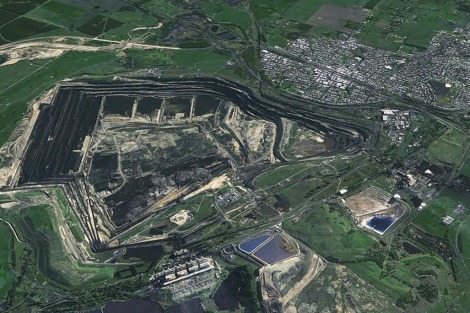
ENVIRONMENT
- Jarni Blakkarly
- 09 November 2016
4 Comments
The death-knell was sounding for Hazelwood long before the announced closure last week. The 50 year old power plant is one of the country's oldest and most inefficient, making it extremely vulnerable to the lower electricity price and supply surplus. As the most polluting power plant per unit of energy produced in the industrialised world, many will be glad to see the power station go. But its closure also flags a rising dilemma, over who bears the cost of the transition to clean energy.
READ MORE 
-
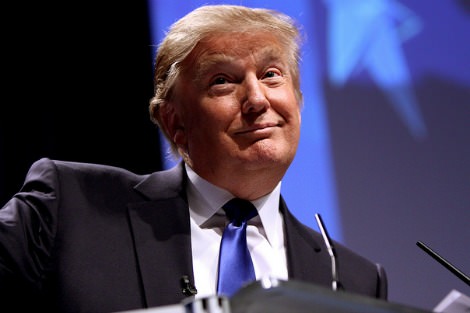
AUSTRALIA
- Fatima Measham
- 16 October 2016
12 Comments
Much has been made about how Republicans benefited from the 'birther' campaign and the Tea Party. It suited them to have proxies undermine the executive branch. In other words, the political right only has itself to blame for the nihilism which now engulfs it - and potentially, the nation. But the failures of the left also bear examination. While Clinton's current lead cannot be attributed entirely to her virtues, the polling gap between her and Trump should have been much wider, earlier.
READ MORE 
-

AUSTRALIA
- Andrew Hamilton
- 12 October 2016
5 Comments
The best writers on sport show that it is a metaphor for life. Perhaps that is why the triumph of the Western Bulldogs in the AFL Grand Final has been so ruthlessly milked for larger significance. But I would like to exploit it once more for the way in which it illustrates the weakness of a liberal politics that assumes that all will benefit from the economic growth that unfettered competition between individuals yields. The joy of the Western Bulldogs victory lay in its challenge to these assumptions.
READ MORE 
-
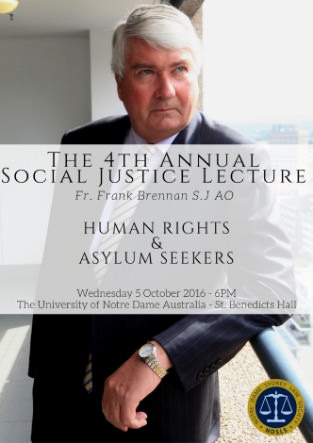
AUSTRALIA
- Frank Brennan
- 06 October 2016
8 Comments
Australia's policy is unique and unrepeatable by other nations because it requires that you be an island nation continent without asylum seekers in direct flight from the countries next door and that you have access to a couple of other neighbouring island nations which are so indigent that they will receive cash payments in exchange for warehousing asylum seekers and proven refugees, perhaps indefinitely. The policy over which Turnbull presides is not world best practice. It's a disgrace.
READ MORE
-

AUSTRALIA
- Andrew Hamilton
- 05 October 2016
5 Comments
In political commentary liberal politics and identity politics are often presented as polar opposites. For supporters of liberal politics the relationship between the two is one between virtue and vice, rationality and emotion, the wise against the mob. I believe that the relationship is more complex, that identity politics shares the same stunted assumptions about personal and national identity as liberal politics, sees the self-interest of the latter, and wants to despoil it.
READ MORE 
-
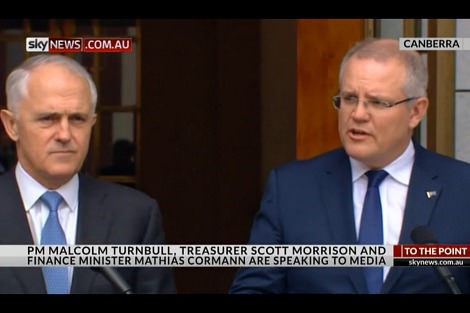
ECONOMICS
- Andrew Hamilton
- 20 September 2016
4 Comments
It is a welcome change to see budgets spoken of in moral terms. The government recently insisted on a moral responsibility to future generations to fix the deficit. And the Australian Catholic bishops welcomed on moral grounds the compromise that saw dropped from the budget measures which would further disadvantage vulnerable people. The difference was that the government's argument was focused on the budget, whereas the bishops' focused on particular groups of people.
READ MORE 
-
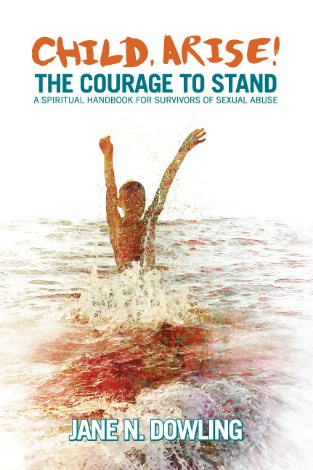
RELIGION
- Andrew Hamilton
- 01 September 2016
15 Comments
Dowling, who was a victim of clerical abuse, offers a program of reflections that bring together scriptural themes and the effects of sexual abuse. Most striking is the extraordinary labour required to purify the language of a tradition that has become polluted. This is vital not simply as a therapeutic exercise but as a condition for renewal and reconciliation. It may also be pertinent to wider society, where Brexit and the Trump phenomenon have been characterised by a coarsening of public language.
READ MORE 
-
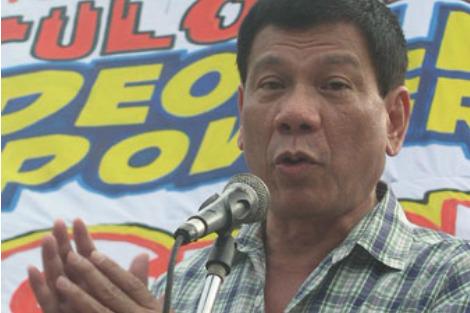
INTERNATIONAL
- Fatima Measham
- 18 August 2016
13 Comments
I fret more than ever for friends and family in the Philippines. If life is so expendable, who can be safe? What if my brother-in-law is mistakenly identified as a drug 'pusher'? What if my dad goes to a cockfight and armed vigilantes do a drive-by? It is disheartening that many Filipinos seem to approve of Duterte's methods. This is the purge many had wanted. They see the current campaign as a necessary, painful transition to better things. They are wrong. Nothing personal, just history.
READ MORE 
-

AUSTRALIA
- Fatima Measham
- 05 August 2016
Perhaps what will ultimately convince media and entertainment companies that it is in their interest to be sincere about diversity is that there's money in it. A UCLA study found that in 2014, eight films that had diverse casts (out of 163) also had the highest median global revenues and returns on investment. In addition, TV shows with majority non-white casts rated extremely well, even among white households. This challenges conventions around what media consumers find appealing.
READ MORE 
-
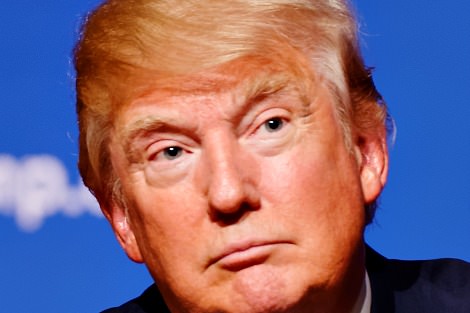
ENVIRONMENT
- Greg Foyster
- 03 August 2016
6 Comments
The neoliberal right is losing political power to the populist right, which isn't filled with the same ideological zeal for free-market capitalism. Suddenly debates can expand beyond the narrow confines of economic growth. Moral and social arguments won't be relegated to the intellectual fringes anymore. Mainstream parties of the left and right, both of which bought into the neoliberal agenda, will have to break their bipartisan dismissal of discontent with the side effects of globalisation.
READ MORE 
-

ENVIRONMENT
- Neil Ormerod
- 22 June 2016
23 Comments
It is now 12 months since Pope Francis issued his environmental encyclical Laudato Si'. He opined, 'Although the post-industrial period may well be remembered as one of the most irresponsible in history, nonetheless there is reason to hope that humanity at the dawn of the 21st century will be remembered for having generously shouldered its grave responsibilities.' Where are the Australian politicians who can give hope to the coming generation by focusing our attention on this most urgent issue?
READ MORE 
-
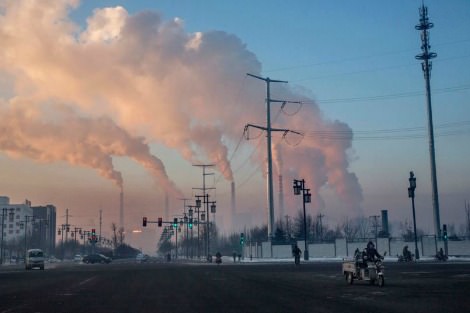
ECONOMICS
There is little doubt that the means to dramatically reduce the amount of pollution produced by developed economies is already theoretically available. It is perfectly possible to redesign industrial systems so that they do not pollute and do not consume finite resources at a rate that is unsustainable. But it requires a radical shift - and the biggest barrier to that shift occurring, the financial markets, is barely even mentioned in discussions of the challenge.
READ MORE 